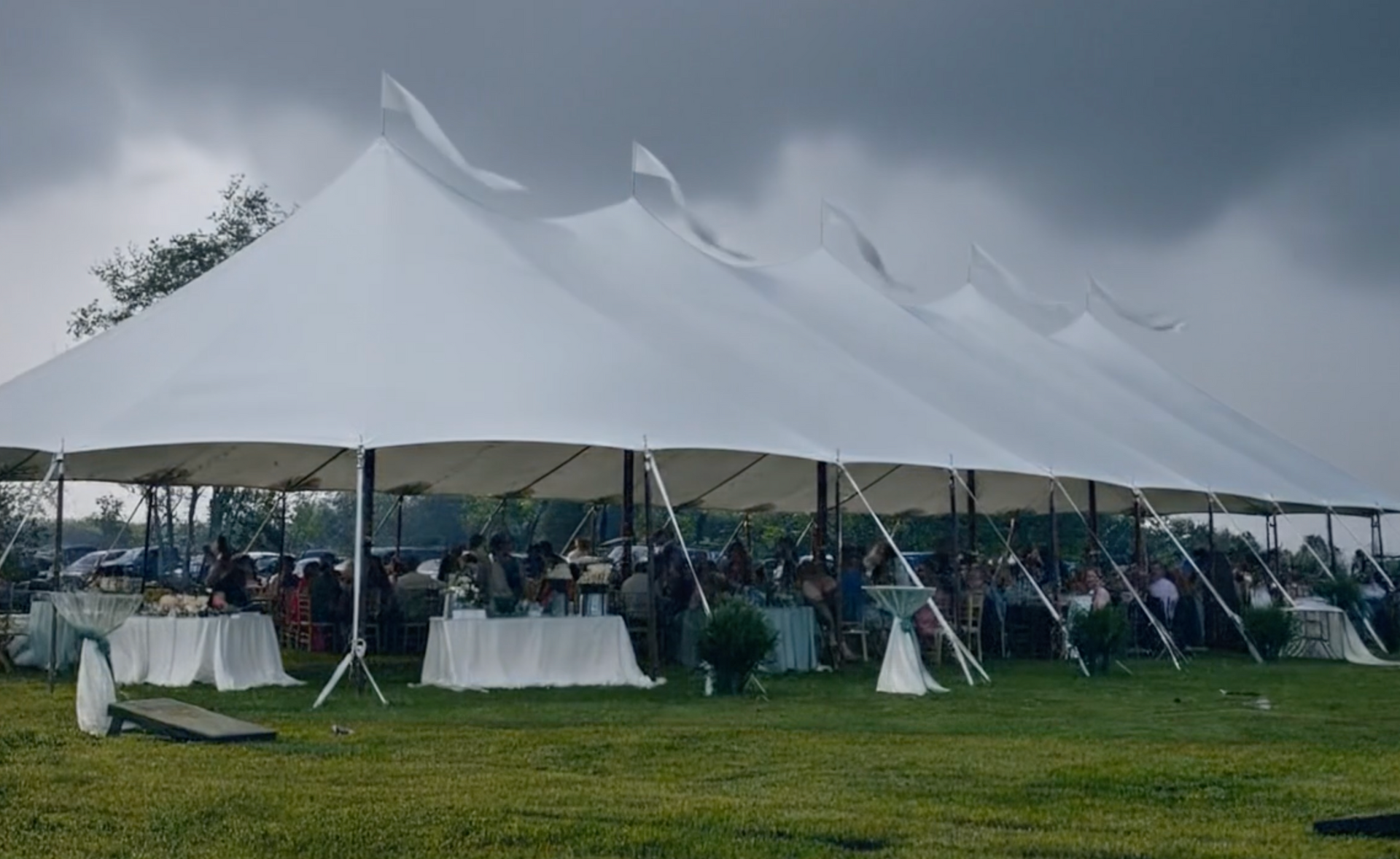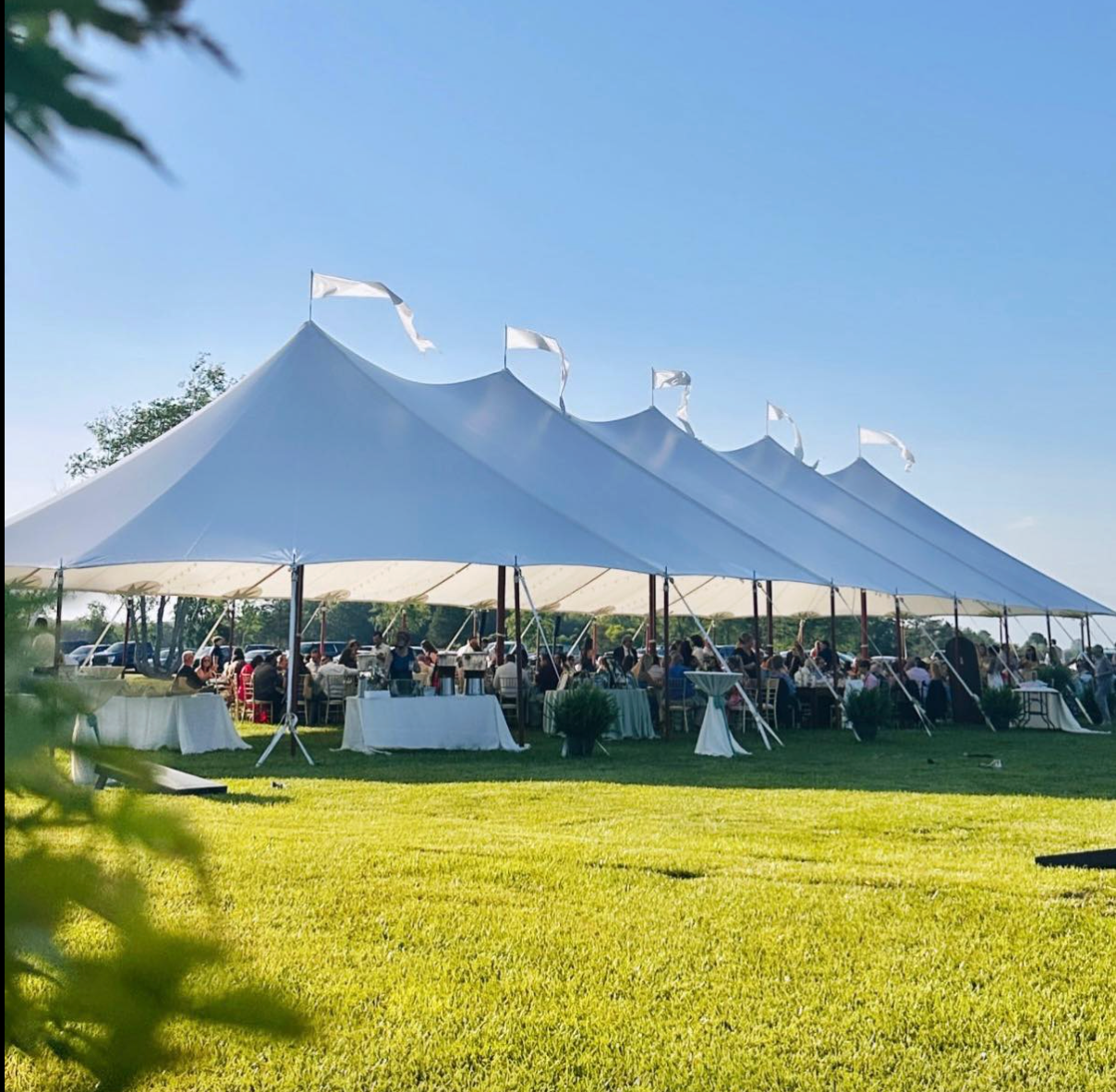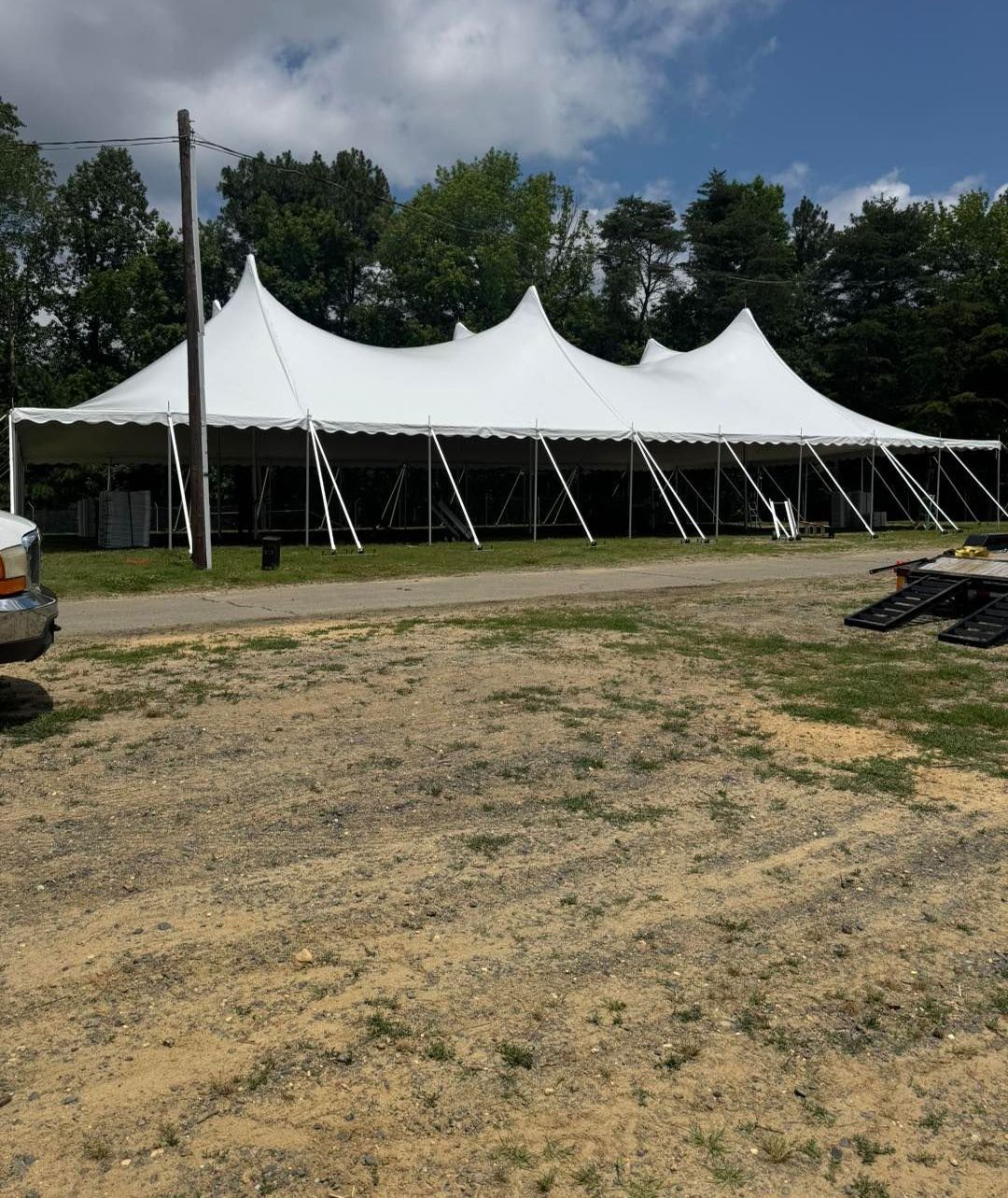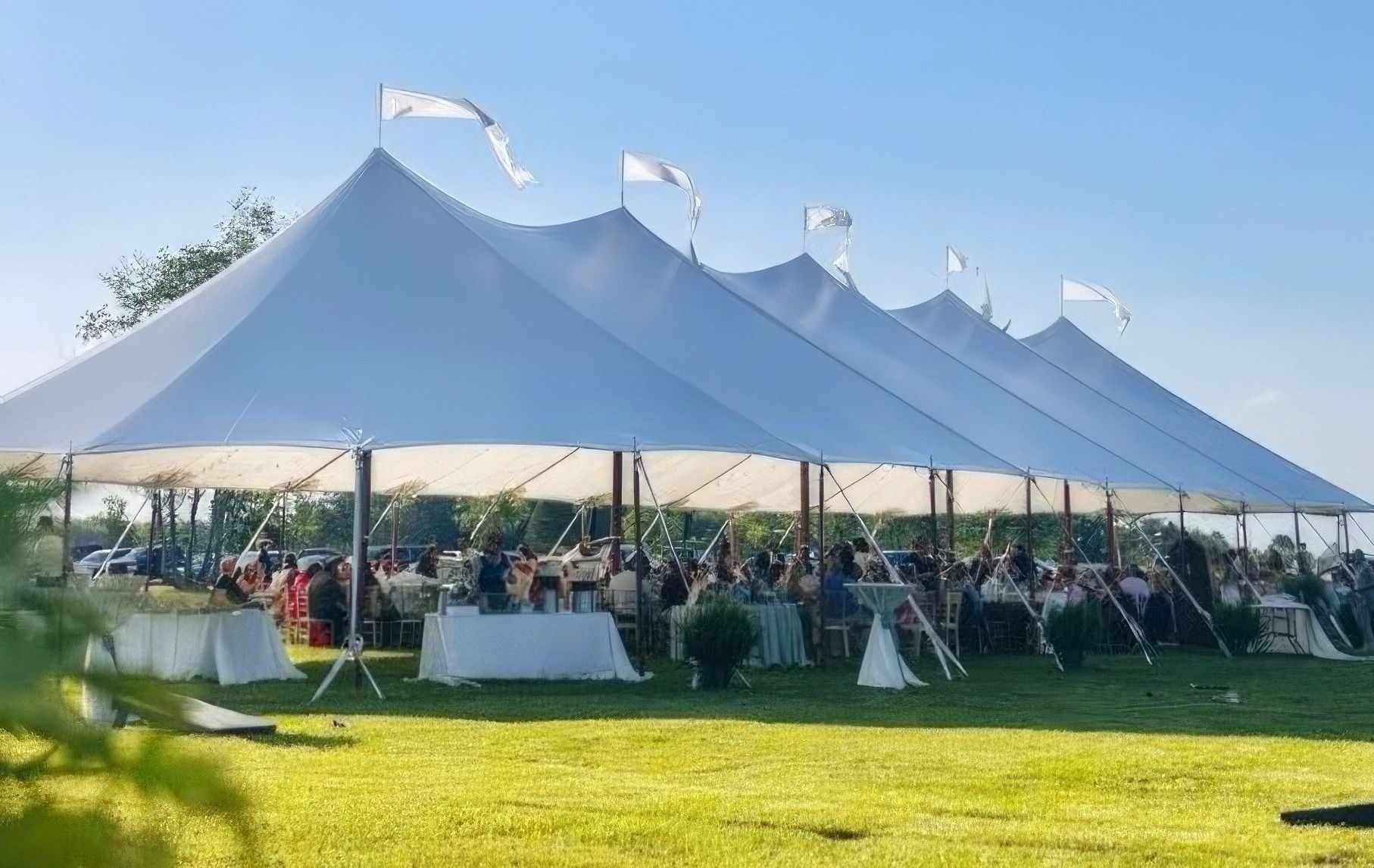What Do I Need to Know in Order to Plan My Event?

Planning an event can be an exciting and fulfilling endeavor, but it can also be a daunting task if you're unsure where to start. Whether you're organizing a small gathering or a large-scale event, having a solid plan in place is essential for success. In this article, we will explore the key factors you need to consider when planning an event, providing you with a comprehensive overview to ensure a smooth and memorable experience.
- Define Your Event Objectives: Before diving into the logistical details, it's crucial to clarify the purpose and objectives of your event. Ask yourself: What is the desired outcome? Is it a celebration, a conference, a fundraiser, or a networking event? Understanding the objectives will help guide your decision-making process and shape the overall vision for the event.
- Set a Realistic Budget: Budgeting is a fundamental aspect of event planning. Determine the amount of money you have available and allocate it wisely across different elements such as venue, catering, entertainment, marketing, and logistics. Be sure to account for unexpected expenses and create a contingency fund to handle any unforeseen circumstances that may arise.
- Select an Appropriate Venue: Choosing the right venue is crucial to the success of your event. Consider factors such as the size, location, accessibility, and ambiance that align with your event objectives and target audience. Visit potential venues, negotiate contracts, and ensure that the venue can accommodate all your technical requirements and logistical needs.
- Create a Detailed Timeline: Developing a comprehensive timeline is essential for keeping track of tasks and deadlines. Break down the event planning process into manageable steps, including booking vendors, sending invitations, arranging transportation, and organizing rehearsals. Assign responsibilities to team members or volunteers and set clear deadlines to ensure smooth execution.
- Secure Necessary Permits and Insurance: Depending on the nature and scale of your event, you may need to obtain permits or licenses from local authorities. Research and comply with any legal requirements, such as permits for serving alcohol, noise restrictions, or outdoor event guidelines. Additionally, consider event insurance to protect yourself from any potential liabilities.
- Engage and Coordinate with Suppliers and Vendors: Identify and engage with reliable suppliers and vendors who can provide services such as catering, audiovisual equipment, decorations, transportation, and entertainment. Request proposals, compare prices, and thoroughly review contracts to ensure all agreements are clear and meet your requirements.
- Develop a Marketing and Promotion Strategy: To ensure a successful turnout, develop a marketing and promotion strategy to create awareness and generate interest in your event. Utilize various channels such as social media, email marketing, traditional advertising, and word-of-mouth to reach your target audience. Consider collaborating with influencers or partnering with relevant organizations to expand your reach
- Plan for Attendee Experience and Engagement: Consider how you can enhance the overall attendee experience and engagement during your event. This may include interactive activities, guest speakers, workshops, networking opportunities, or entertainment. Pay attention to small details, such as signage, seating arrangements, and accessibility, to ensure a positive experience for all attendees.
Planning an event requires careful preparation and attention to detail. By defining your event objectives, setting a realistic budget, selecting an appropriate venue, creating a detailed timeline, securing necessary permits, coordinating with suppliers, developing a marketing strategy, and focusing on attendee experience, you will be well-equipped to plan and execute a successful event. Remember to stay organized, remain adaptable, and seek assistance when needed. With proper planning and execution, your event is sure to leave a lasting impression on attendees.
RELATED ARTICLES:







